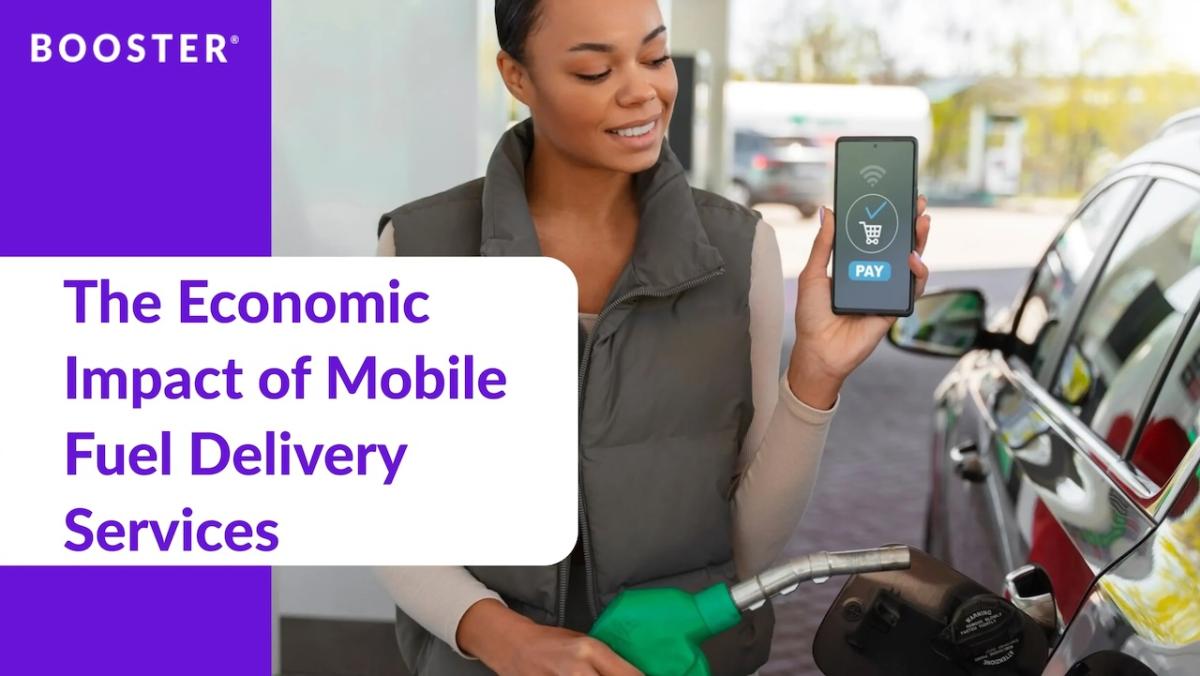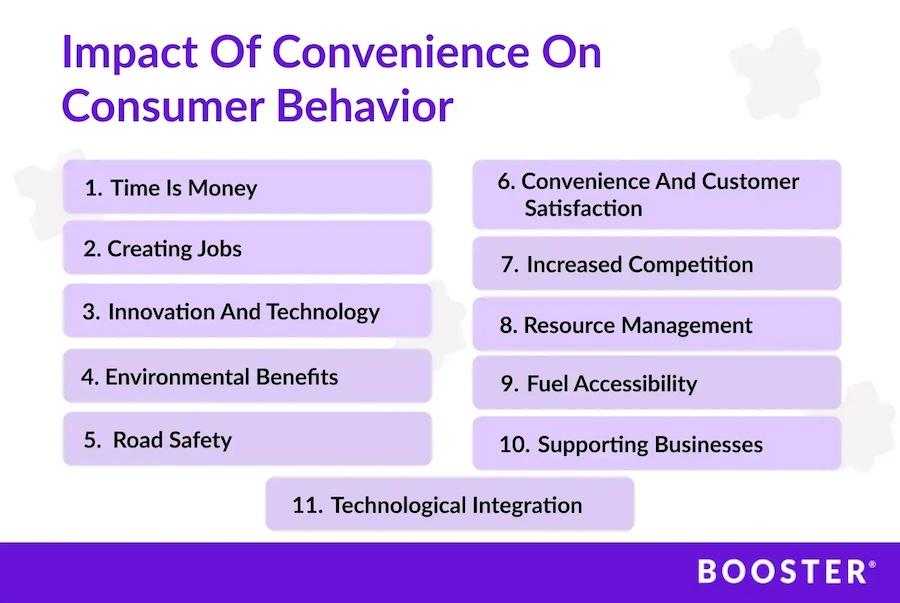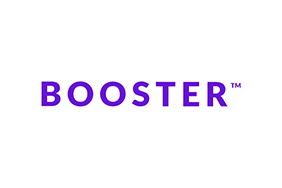The Economic Impact of Mobile Fuel Delivery Services | Booster
Published 08-15-24
Submitted by Booster Fuels

Originally published on Booster Insights
Imagine having your car at home, and instead of driving it to a gas when the tank is nearly empty, someone comes to your house and fills it up for you. How cool does that sound? This is what mobile fuel delivery services do. They save you time and energy by bringing fuel to your doorstep. But did you know that these services also significantly impact the economy? Today, we will explore how mobile fuel delivery services make a difference in money and jobs.
What Are Mobile Fuel Delivery Services?
Mobile fuel delivery services are like food delivery but for fuel. Instead of driving to a gas station, you can use an app or a website to order fuel. A truck with a fuel tank will come to your location and fill up your car while you do something else. It’s convenient and saves time. But how does this simple idea affect the broader economy?
How Convenience Changes Consumer Behavior
Let’s see how mobile fuel delivery services help customers financially:
Impact Of Convenience On Consumer Behavior
- Time Is Money
- Creating Jobs
- Innovation And Technology
- Environmental Benefits
- Road Safety
- Convenience And Customer Satisfaction
- Increased Competition
- Resource Management
- Fuel Accessibility
- Supporting Businesses
- Technological Integration
1. Time is Money
- Saves Time for Busy People
We’ve all been in situations where we’re running late, and a trip to the gas station is the last thing we need. Mobile fuel delivery services save time for busy individuals by eliminating the need to drive to a gas station and wait in line to fill up their tanks. This time saved can be used to do other productive activities, like studying, working on projects, or spending quality time with family.
Improved Efficiency
In business, time equates to money. Employees who spend less time refueling company vehicles can focus more on their jobs. This can translate into significant cost savings for delivery services, transportation companies, and businesses with large fleets. Improved efficiency means employees can complete more tasks quickly, boosting overall productivity.
2. Creating Jobs
- New Job Opportunities
One of the most direct ways mobile fuel delivery services impact the economy is through job creation. These services require drivers, customer service representatives, and operations managers. By hiring people for these positions, mobile fuel delivery companies contribute to reducing unemployment rates and providing livelihoods for many families.
Technological Jobs
In addition to the driving and operational roles, mobile fuel delivery services involve technology. Apps and online platforms that manage fuel deliveries need developers, designers, and IT support. The demand for such tech-based roles means more job opportunities for people with technical skills, further contributing to economic growth.
3. Innovation and Technology
- Advancements in Tech
Mobile fuel delivery services rely heavily on technology. They use apps and GPS systems to track delivery routes and schedules. This demand for newer and better technologies encourages innovation and technological advancements. This domino effect propels other sectors to improve their technological infrastructure, thereby driving overall economic growth.
Efficient Fleet Management
With GPS tracking and optimized routes, mobile fuel delivery services can manage fleets more efficiently. Efficient fleet management reduces fuel consumption and operational costs, making the entire venture more profitable. The money saved here can be reinvested into the business, leading to further growth and more job opportunities.
4. Environmental Benefits
- Reduced Carbon Footprint
When multiple vehicles get fuel from a single mobile fuel delivery truck, it reduces the number of trips to the gas station. Fewer trips mean lower fuel consumption and fewer emissions released into the atmosphere. This reduction in the carbon footprint is essential in combating climate change and contributes indirectly to the economy by reducing environmental healthcare costs. Mobile fuel delivery services can play a significant role in reducing our environmental impact.
Cleaner Environment Means Better Health
A cleaner environment also translates to better public health. When air quality improves, people are less likely to suffer from respiratory illnesses, reducing the burden on healthcare systems. Healthier individuals are more productive, which accelerates economic growth. Mobile fuel delivery services not only save time and money, but they also contribute to a healthier and more productive society.
5. Road Safety
- Fewer Traffic Jams
Mobile fuel delivery services can reduce traffic congestion. Imagine fewer cars lined up at gas stations during rush hours. This reduction in congestion leads to fewer traffic jams, making commuting smoother for everyone. A more efficient flow of traffic positively affects the economy as people spend less time stuck in traffic and more time being productive.
Reduced Accidents
With fewer vehicles rushing to the nearest gas station, the chances of road accidents decrease. Reduced road accidents mean fewer costs related to medical care, vehicle repairs, and insurance claims. This not only makes the roads safer but also lessens the economic burden caused by road accidents.

6. Convenience and Customer Satisfaction
- Happy Customers
One of the benefits of mobile fuel delivery services is the level of convenience they offer. Customers are delighted when they get the service they need right at their doorstep. Happy customers are likely to use the service repeatedly, leading to a stable revenue stream for the business. Consistent cash flow contributes to the stability of the economy.
Better Customer Loyalty
When companies provide excellent and convenient services, it builds customer loyalty. Loyal customers are likely to recommend the service to others, increasing the customer base. An expanding customer base means more business and economic activity, contributing positively to financial health.
7. Increased Competition
- Boosts Market Dynamics
The advent of mobile fuel delivery services adds a new dimension to the fuel market. Traditional gas stations now face competition from mobile services, which pushes them to improve their services and customer experience. While this may lead to some market disruption, it also creates new job opportunities and encourages innovation. Healthy competition is a key component of a robust economy as it drives businesses to innovate and improve, benefiting consumers.
Lower Prices
Increased competition usually leads to better prices for consumers. When companies compete, they strive to offer the best service at the lowest cost to attract customers. This price competition can benefit consumers by making fuel more affordable, indirectly impacting their spending power and benefiting the economy.
8. Resource Management
- Efficient Use of Fuel
Mobile fuel delivery services often operate more efficiently than individual trips to the gas station. By optimizing delivery routes and schedules, these services can reduce the overall amount of fuel used. Efficient resource management helps save costs and reduce the environmental impact, contributing to a more sustainable economy.
Optimal Asset Utilization
Mobile fuel delivery services optimize the use of their assets, such as delivery trucks and storage facilities. This optimal utilization ensures that resources are not wasted, reducing overall operational costs. Lower operational costs can increase profitability, which can be reinvested to expand the business, creating a favorable economic cycle.
9. Fuel Accessibility
- Remote Areas Benefit
Some areas need easy access to gas stations. Mobile fuel delivery services can reach remote and underserved areas, fueling those who need it. Increased accessibility to fuel can help these areas develop economically by supporting transportation and other fuel-dependent activities.
Emergency Services
Reaching gas stations during natural disasters or emergencies is nearly impossible. Mobile fuel delivery services can provide fuel in crisis, helping emergency services operate efficiently. By ensuring that essential services have the fuel they need, mobile fuel delivery services contribute to maintaining economic stability during challenging times.
10. Supporting Businesses
- Easier for Fleets
Often, businesses with fleets find it cumbersome to send someone out to refuel them. Mobile fuel delivery services can help these businesses save time and resources. This saved time and allowed companies to focus on growing their business, thus supporting the local economy.
Cost Savings
For businesses, every dollar saved counts. Mobile fuel delivery services can offer fuel at competitive prices or special deals for fleets. This cost-saving can make a big difference, enabling businesses to invest in other growth areas like marketing or hiring new employees.
11. Technological Integration
- Data Analytics
Data is the new gold in today’s digital age. Mobile fuel delivery services collect valuable data on consumer behavior, fuel consumption patterns, and route efficiencies. This data can be analyzed to make more informed decisions, optimize operations, and predict future trends. Intelligent data usage makes businesses more profitable and efficient, fostering economic growth.
App Development and User Experience
The apps used for these services need to be functional and user-friendly. Developing such apps creates opportunities in the tech sector for developers, designers, and software testers. An enhanced user experience encourages more people to use the service, expanding the customer base and boosting economic activity.
The Benefits of Choosing Booster
1. Convenience at Your Fingertips
One of the biggest perks of Booster is convenience. Booster saves you valuable time that you can spend on more critical activities. Whether you’re in the middle of a business meeting or playing your favorite video game, Booster takes care of refueling without interrupting your schedule.
2. Safety Benefits
Gas stations can sometimes be risky places. They’re crowded, and there’s always the chance of some mishap. With Booster, you avoid these potential hazards. The trained professionals from Booster handle the refueling, following all safety guidelines meticulously.
3. Eco-Friendly Choice
You might not think about it, but Booster is also better for the environment. Each trip to the gas station involves pollution from cars that cause greenhouse gases. With Booster, fewer trips to the station mean fewer emissions. Plus, Booster trucks are designed to be more efficient and eco-friendly.
Conclusion
As we’ve seen, the rise of mobile fuel delivery services brings various benefits beyond mere convenience. From saving time to creating jobs, promoting better environmental practices, boosting competition, and helping businesses, the economic impact of these services is significant.
By improving efficiency and leveraging technology, mobile fuel delivery services are not just meeting demand but are also paving the way for a more sustainable and robust economy. So, the next time you see a mobile fuel delivery truck, think about how it contributes to the economy and makes our lives easier and cleaner.
FAQs
- How do mobile fuel delivery services work?
Mobile fuel delivery services operate similarly to food delivery but for fuel. You use an app or a website to order fuel, and a truck with a fuel tank arrives at your location to fill up your vehicle. This process saves you the trip to the gas station and allows you to refuel while you focus on other tasks.
- When can I use mobile fuel delivery services?
Mobile fuel delivery services can be used anytime you need fuel but don’t want to or can’t go to a gas station. This includes busy mornings, late nights, during work hours, or even in emergencies when driving to a gas station isn’t feasible.
- Why should I choose mobile fuel delivery over traditional gas stations?
Choosing mobile fuel delivery offers several benefits: it saves you time, provides convenience, enhances safety by avoiding crowded gas stations, and can be more environmentally friendly due to optimized delivery routes and fewer individual trips to gas stations.

Booster Fuels
Booster Fuels
Booster is a tech-enabled mobile energy delivery company providing a more sustainable energy experience to fleets and consumers. Booster is committed to a cleaner planet and works with enterprise, public sector, and startup customers on their migration to cleaner energy through its proprietary cloud-connected IoT mini-tankers and mobile delivery service. Customers save time and money while advancing their decarbonization goals. Booster is backed by Booster is backed by Chaac Ventures, Cercano Management, Conversion Capital, Enterprise Holding Ventures, Equinor Ventures,Invus, Madrona Venture Group, Maveron Ventures, Mitsubishi Corporation, Renewable Energy Group, Rose Park Advisors, Thayer Ventures, Perot Jain LP and Version One Ventures. For more information, visit boosterusa.com.
More from Booster Fuels

